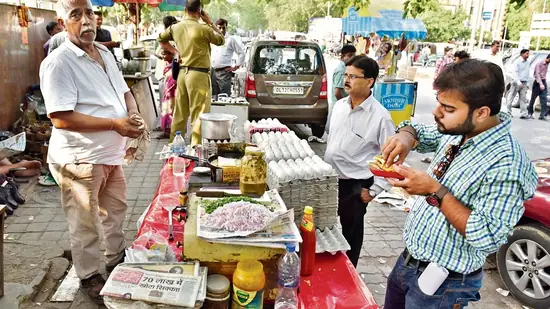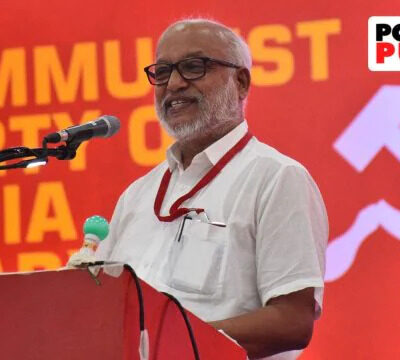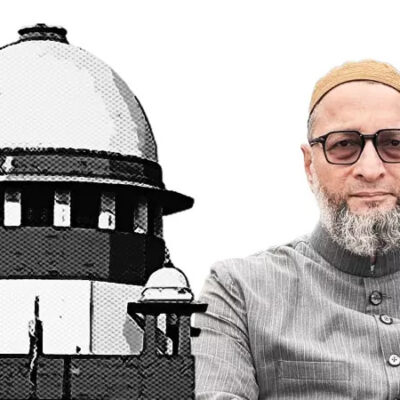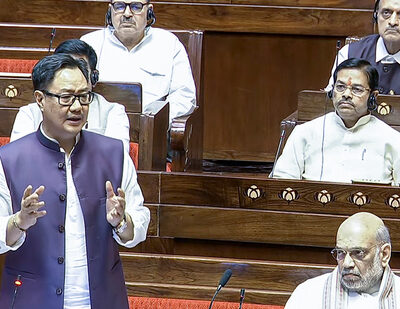India is committed to fostering innovation, strengthening our food safety systems and promoting nutritious diets

Right to foods for a better life and a better future,” is this year’s slogan declared by the Food and Agriculture Organization (FAO). Indeed, all countries and policymakers must consider the complex challenges affecting our global food system. Providing safe, nutritious, and sustainable food for all is just not a part of the Sustainable Development Goals of the United Nations but also is the fundamental objective of every country to bring out sustainable strategies on a day-to-day basis balancing modern technologies with the dynamic agricultural and industrial food ecosystem.
According to FAO, global food production reached impressive heights in 2023, with cereals at 2,851 million tonnes, milk at 965.7 million tonnes, and oilseeds at 398 million tonnes.
Despite this abundance, the World Health Organization’s (WHO) report of 2024 reported that nearly 757 million people were undernourished in 2023, with 2.33 billion facing moderate to severe food insecurity. Over 2.8 billion individuals worldwide were not able to afford a healthy diet, with 71.5% of those in low-income countries struggling to access nutritious food. It is apparent that increasing output isn’t enough; we need to focus on building resilient, equitable, and sustainable food systems.
Over the years, India has been focusing on these multifaceted issues with an inclusive approach. The 2nd Global Food Regulator Summit 2024, hosted in New Delhi, which brought together experts from more than 70 countries deliberated on critical issues such as pesticide residues, antimicrobial resistance, and fortification strategies to combat micronutrient deficiencies. Prime Minister Narendra Modi, in his message at the World Food India event 2024, emphasised the importance of focusing on food safety, quality, and standards — a sentiment echoed by Steve Warne, chairperson of the Codex Alimentarius Commission who was also present during the summit.
Globally, countries are reshaping their regulatory frameworks to address emerging food safety challenges. The US has separated food regulation from Drugs and Cosmetics for a sharper focus on food safety, while the European Commission’s “Farm to Fork” strategy integrates food safety, animal health, and sustainability.
In Africa, seven nations have commercially adopted genetically modified (GM) crops to enhance food security. Saudi Arabia’s SFDA, under its Fourth Strategic Plan (2023-2027), is advancing regulations for biotechnology products. South Korea is fostering regulatory standards for alternative protein foods, and Japan’s approval of genome-edited foods without mandatory labelling marks a significant innovation in food production. These global efforts reflect the evolving landscape of food safety and the need for proactive regulatory measures.
ndia too has been diligently working to strengthen our food safety infrastructure. With 28 principal regulations on Food Safety and Standards, India now boasts of a robust network of 257 food testing laboratories nationwide, complemented by 261 mobile food labs that bring food safety testing and awareness to the remotest parts of our country.





